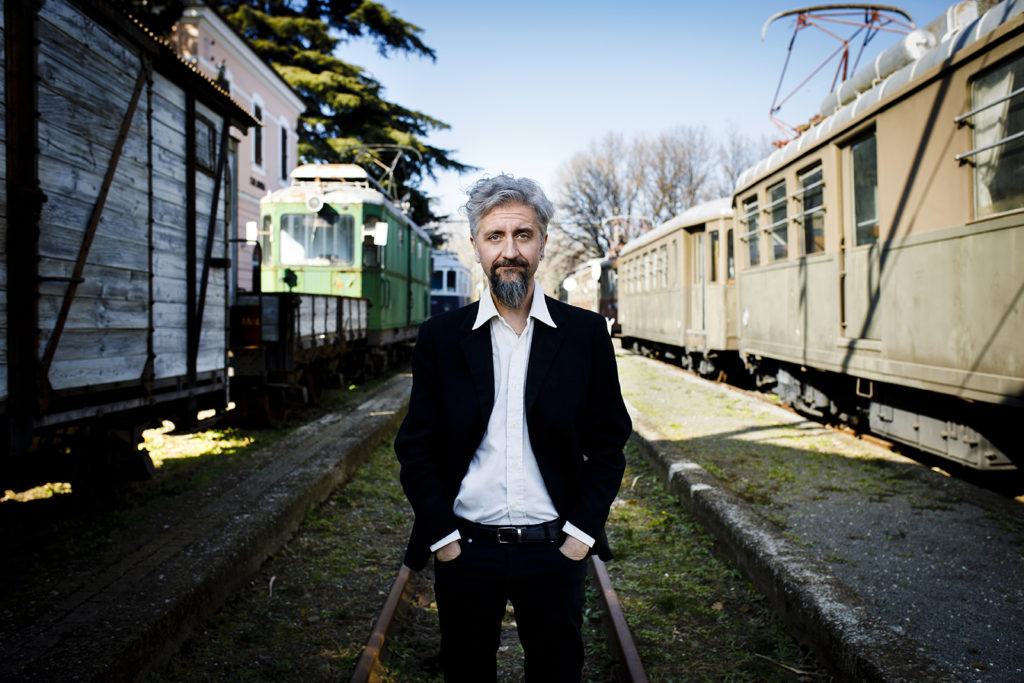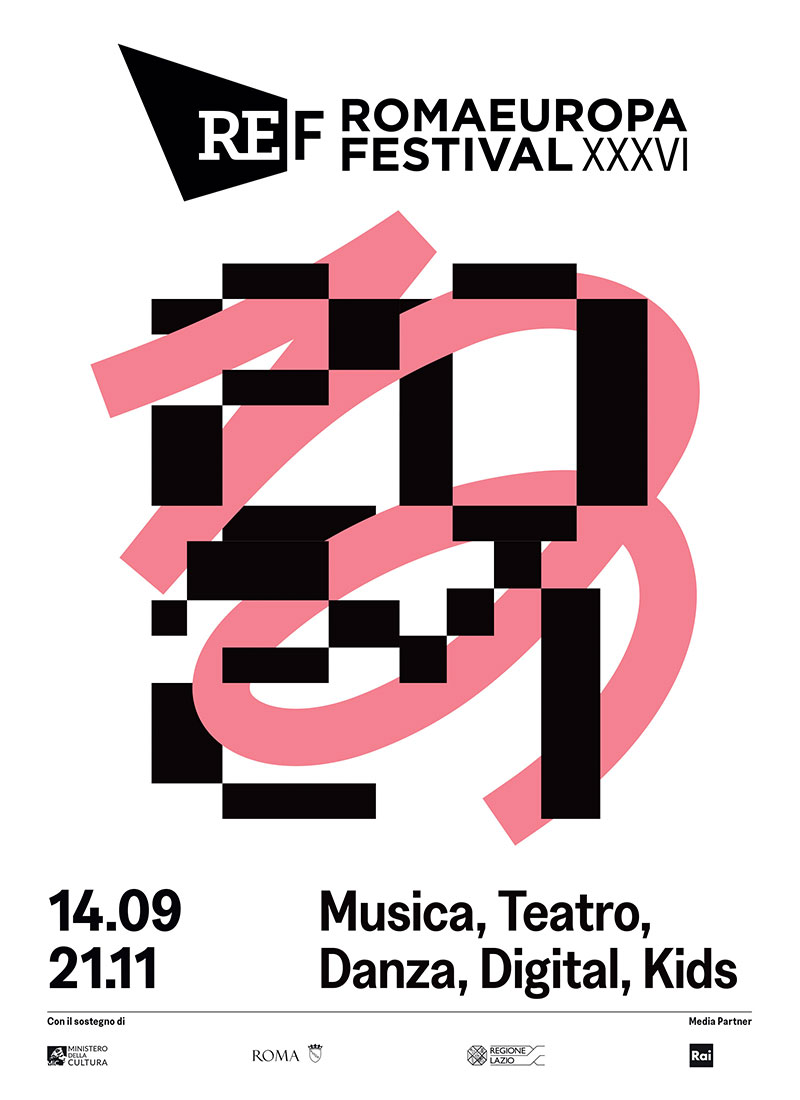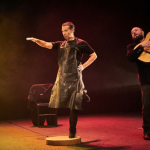Legacy, testimony, achievement. How do we remember the most important personality of contemporary cultural history? A few months from the beginning of the celebrations for the centenary of the birth of Pierpaolo Pasolini, Ascanio Celestini seems to answer this question focusing on his presence.
Museo Pasolini is an imaginary museum, emerging from the testimonies of a historian, a psychoanalyst, a writer, a professor, a criminologist who have known him. As Vincenzo Cerami says: “If we take all of Pasolini’s work from the first poem he wrote when he was 7, until the film Salò, his last work, we will have the portrait of Italian history from the end of fascism up to the mid-1970s. Pasolini taught us the nature of success in our country over all these years “. But then what is the highlight of Museo Pasolini? What object should we look for? What object should we undertake to acquire from a private or public collection? And what is it that can we communicate through him?
©Musacchio Ianniello & Pasqualini





















